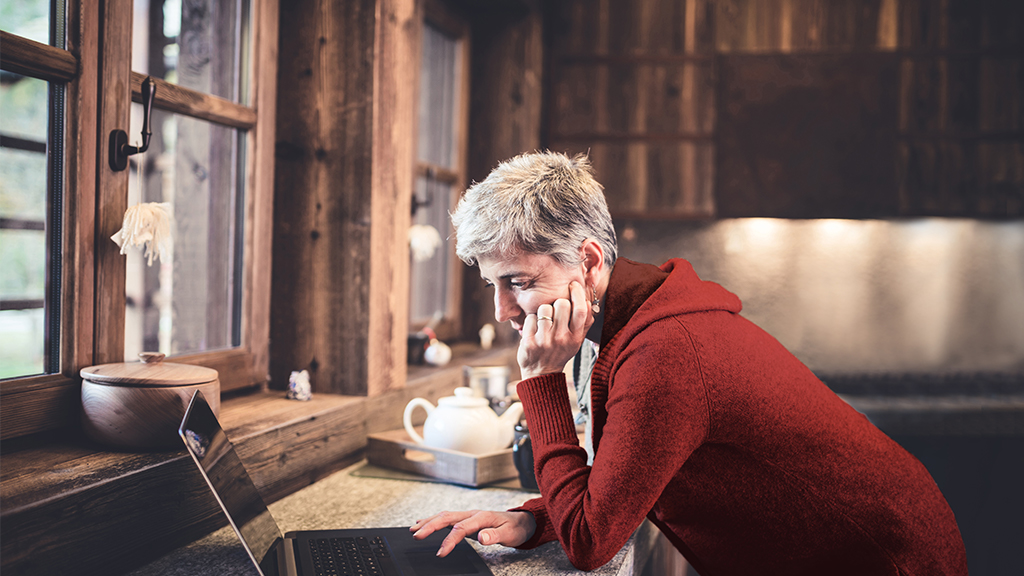Today was not an easy morning for Ellen DeGeneres. She woke to find that her Instagram account was briefly hacked according to the talk show host’s Twitter and Yahoo Entertainment. A series of giveaways offering free Tesla cars, MacBooks, and more, were posted to the talk show host’s account last night. After seeing the posts, some of her followers became skeptical and warned her of the suspicious behavior. They were smart to flag the giveaways as untrustworthy because DeGeneres confirmed that her Instagram was in fact affected by malicious activity.

While Ellen joked about “password” not being the most secure password, it’s always a best practice to use strong passwords that differ from each of your other accounts to avoid easy break-ins from cybercriminals.
One of the central reasons hackers target social media accounts is to retrieve stored personal information. Once cybercriminals log into an account, they have access to everything that has ever been shared with the platform, such as date of birth, email, hometown, and answers to security questions. They then could potentially use this information to try to log into other accounts or even steal the person’s identity, depending on the level of information they have access to.
Another motive for hijacking a user’s social media account is to spread phishing scams or malware amongst the user’s network. In DeGeneres’ case, her 76 million Instagram followers were prompted to click on links that were scams disguised as giveaways so hackers could steal their personal information. In other cases, hackers will use adware so they can profit off of clicks and gain access to even more valuable information from you and your contacts. Sometimes these cybercriminals will post publicly on your behalf to reach your entire network, and other times they will read through private messages and communicate with your close network directly.
It’s not just celebrities that are vulnerable to cybercriminals. In fact, over 22% of internet users reported that their online accounts have been hacked at least once, and more than 14% said that they were hacked more than once. If your account gets hacked, the first step is to change your password right away and notify your network, so they don’t click on any specious links.
Social Media Best Practices
The good news is that by taking proper precautions, you can significantly reduce risk to help keep your account safe. Here are five best practices for protecting your social media accounts from malicious activity:
- Use your best judgment and don’t click on suspicious messages or links, even if they appear to be posted by a friend.
- Flag any scam posts or messages you encounter on social media to the platform, so they can help stop the threat from spreading.
- Use unique, complicated passwords for all your accounts.
- Avoid posting any identifying information or personal details that might allow a hacker to guess your security questions.
- Always use comprehensive security software that can keep you protected from the latest threats.
To stay updated on all of the latest consumer and mobile security threats, follow @McAfee_Home on Twitter, listen to our podcast Hackable?, and ‘Like’ us on Facebook.













